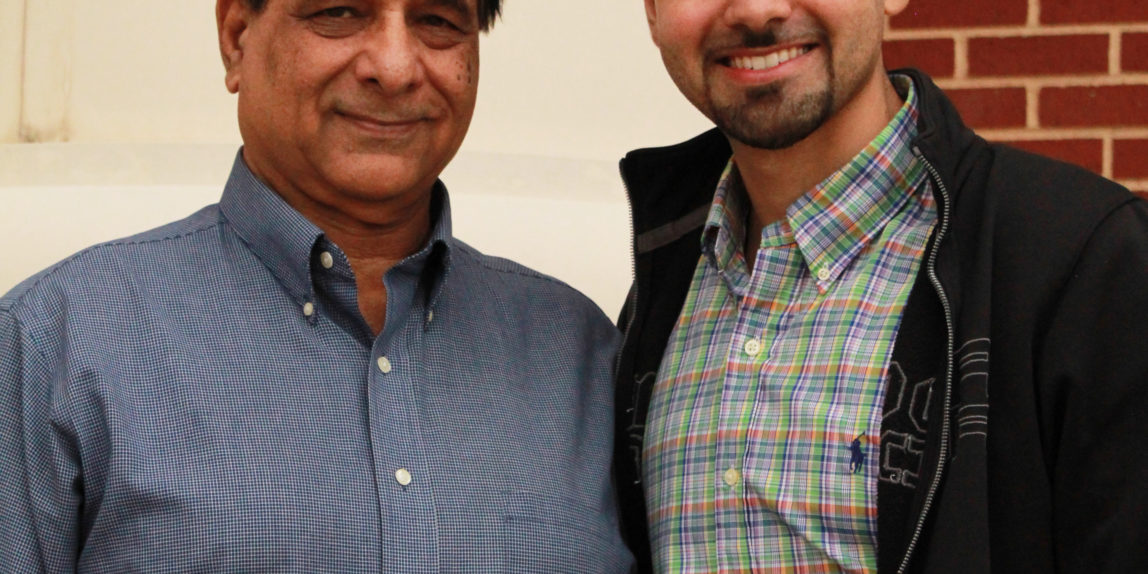Local family finds home in faith
Story by McKenzie Oviatt | Photos by Emma Bakke
Practicing your faith in America looks vastly different to practicing your faith in other parts of the world. When Southern Baptists worship in the religious stronghold of Waco, there is an added social pressure to adhere to the religion. However, Muslim Americans find that although they are the religious minority in this country, they quench the thirst for their spiritual practices even more often than in the Middle East.
“People actually leave Pakistan to come to America to gain religious freedom,” Afzal Siddiq, an immigrant from Pakistan, said.
While Christians strive to follow the 10 Commandments written in the Bible, Muslims aim to follow the Five Pillars of Islam: a declaration of faith, praying five times daily, compulsory giving to a charity, fasting during the month of Ramadan and making a pilgrimage to Mecca, if physically and financially possible. Muslims pray five times a day for about five to 10 minutes each to ground themselves, bringing one back to God, Billal, Afzal’s son, said.
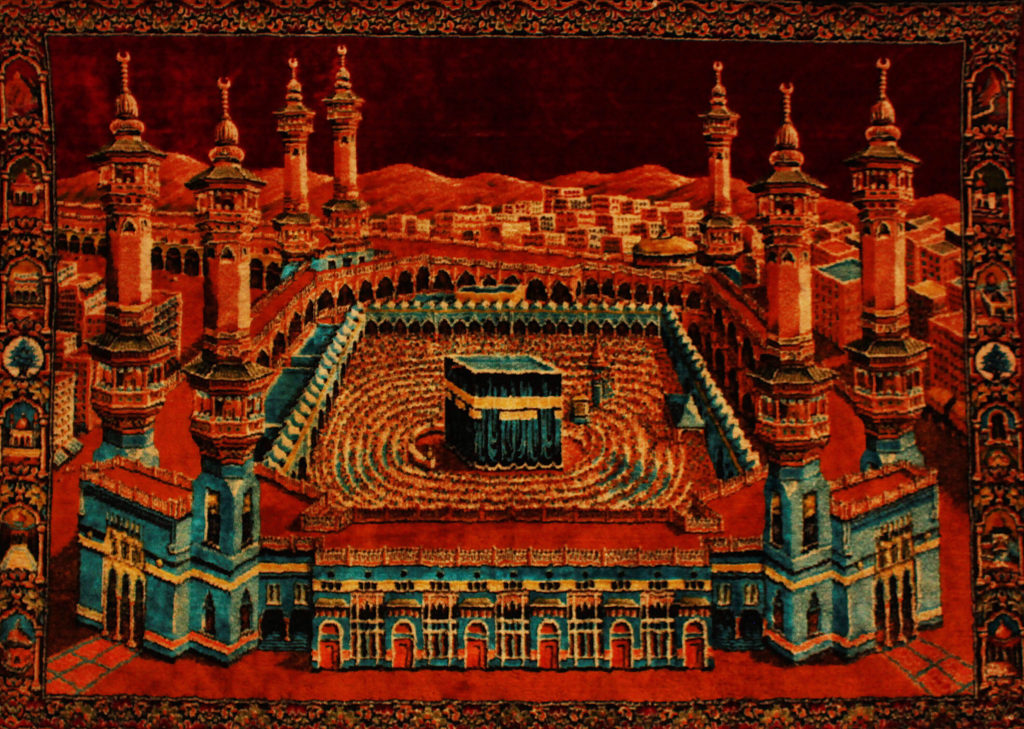
Muslims are also expected to give 2 1/2 percent of their income to a charity each year. This is seen as a tax, or a strict requirement. Ramadan is a time of the year dedicated to fasting from sunrise to sundown. It sets better habits and discipline that help formulate better character for the rest of the year, Billal said.
Culture can often dictate the practices of religion. In the Middle East, most restaurants and businesses will adjust their store hours around the designated prayer times. In America, most businesses do not adjust their store hours for Muslim prayer. Instead, Muslims seek out that time on their own. When people move away from the cultural pressure to adhere to religious practices, many find more freedom in living out their faith to their liking.
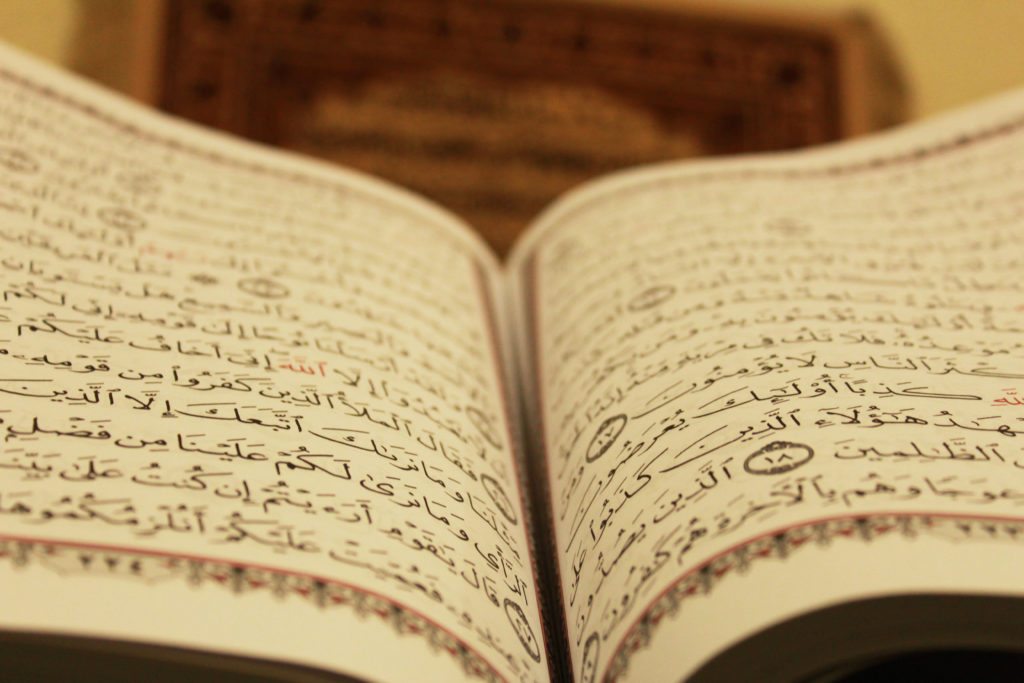
“They are doctors, lawyers, engineers. They do not look a certain way, act a certain way. All Muslims don’t have huge beards and wear traditional garments,” Billal said about Muslim Americans.
It is understandable to think of Waco as a community of predominantly Southern Baptists. At the epicenter of the city is the largest Baptist university in the world, Baylor University. There are over 100 churches in Waco, yet only three mosques exist in McLennan County, according to Baylor Spiritual Life research. The three mosques are owned by different people and have their own unique structures. Despite the plethora of churches, the heart of Waco is encompassed with much more religious flavor and diverse backgrounds.
Originally from Pakistan and ethnically Kashmiri-Pakistani, Siddiq came to the U.S. about 30 years ago and served in the U.S. Army shortly thereafter. Siddiq said he “was never a very religious man” before he came to the U.S.
While in the Army, he didn’t share many values with his fellow officers. However, he expressed a desire for a religious foundation, Siddiq said. Without a mosque in town, he went to a Catholic church. At the local church the sermon was familiar, Siddiq said.
Waco is where Siddiq, his wife and three sons have chosen to root their lives and share their faith. They founded the mosque called the Islamic Center of Waco. At the mosque they encourage others to understand their religion and live out their faith every day. Siddiq could find that in the church through the worship and prayer portions.
The boiled-down message was the only difference, he said. After his military service, Siddiq moved to Waco at a time when there wasn’t a mosque. After continuously bringing his friends together to pray at his home, he decided to put half his income toward the construction of a mosque. At that time in 1987, the city inspector helped him build the mosque.
“It was a different climate. Prior to 2001 there was not a huge backlash towards Islam,” Billal said.
Today, some of the members are from Waco, but many are international. Over the last two decades, the Siddiqs have seen the narrative of Muslim Americans evolve. Prior to 9/11, Muslim Americans were indiscreet, not subject to political heat and could freely come to the U.S. without restrictive barriers.
“Opening a mosque in 1987 wasn’t a big deal. No one really knew much about Islam,” Billal said.
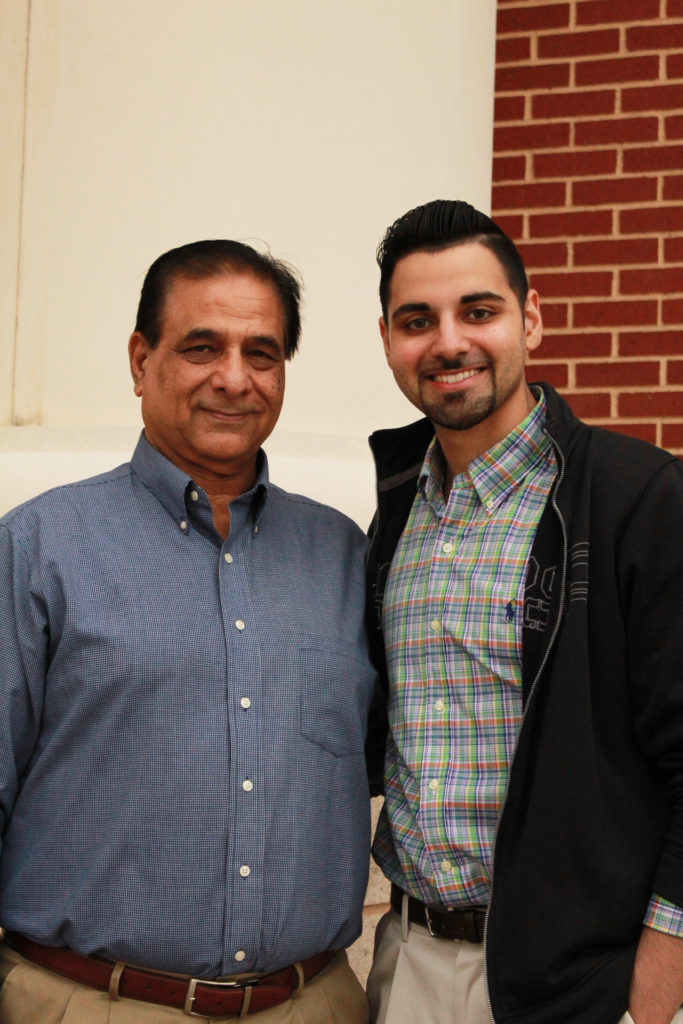
After 9/11 the tide shifted for Muslim Americans. Some people started asking more questions about Islam, while others were left with negative assumptions. In the 2016 presidential race, President Trump proposed a travel ban on immigrants from several Middle Eastern countries. Plans for family visits to Middle Eastern countries were halted and there was a subtle fear that restrictions could worsen. After experiencing people misunderstand Islam, the Siddiqs made more of an effort to help educate people about their religion, Billal said.
Despite the targeted immigration regulations and the change of perceptions of different religions, the Muslim Americans in Waco continued to live out their faith regardless of the environment around them. When the Siddiqs teach others about their faith, they start with a commonality between Christianity and Islam.
“All religions give instructions to be a better person, find peace within oneself and to find purpose for this life or the next,” Billal said.
Along with the efforts of the Siddiqs, Baylor creates opportunities for people to gain empathy and understanding. The world religion classes at Baylor mandate their students attend a service at a mosque. The leaders of the three mosques in McLennan County encourage students to understand the service proceedings and answer follow-up questions. Along with the course, Siddiq opens up his mosque to journalists, photographers and people curious about the Islamic faith. Each day the Siddiqs display love and acceptance for other religions and cultures.
“We don’t come out here to enforce our belief onto people. We just come here to acknowledge our faith. We don’t have a different agenda,” Siddiq said.
Still to this day they do not claim to be religious people; they say they want to love the faith that they were born into. Their goal is to maintain a spiritual connection with God since faith is defined individually by a person, Siddiq said. They are not a fundamental Islamic group; they are “just spiritual people who love our faith,” Siddiq said.
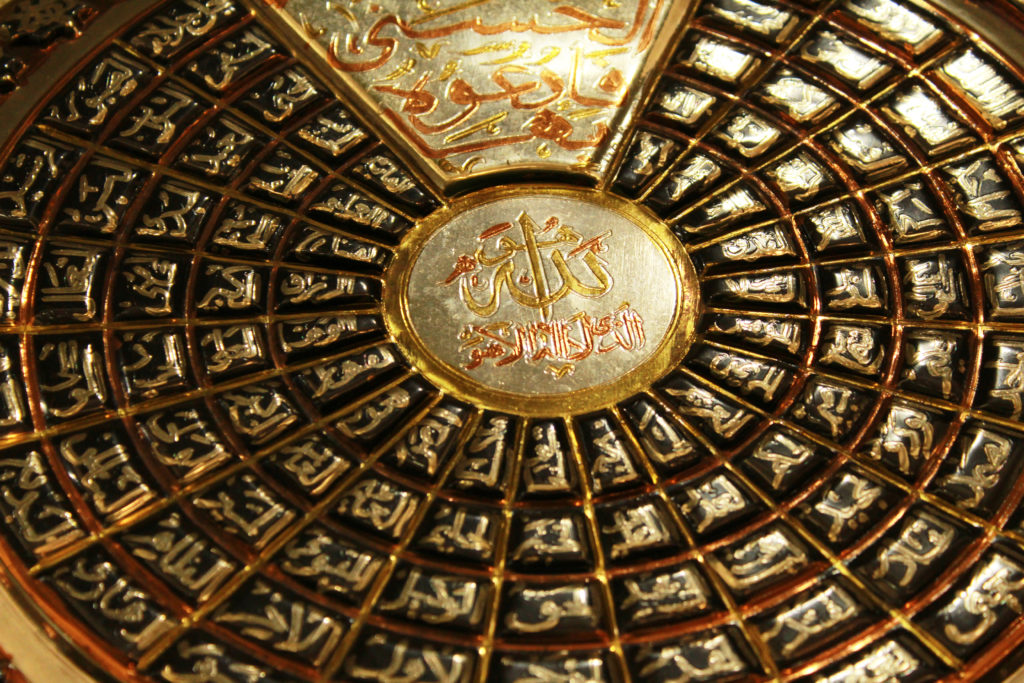
At the mosque, Siddiq designates daily time for prayer with fellow Muslims. Students and people interested in Islam frequently attend a church service or prayer session. Traditionally, the men and women sit in different sections of the mosque during the service. Usually a man preaches to the congregation, then they join together in prayer and worship.
On Fridays the mosque holds a more formal church service similar to a Christian church service held on Sunday morning. The Siddiqs help one another with the daily responsibilities at the mosque and join together on Fridays.
Growing up, the Siddiq children read the Bible, took religious classes and participated in chapel twice a week at the Catholic schools they attended. Billal graduated from Baylor in 2016 and found “Baylor and chapel very accepting,” Billal said. Even at Baylor, people from different faiths can practice their beliefs with confidence.
At Baylor, Billal had a passion for personal health and he is now on track to attend medical school this year. While in school, Billal worked as a medical adviser for Baylor President Dr. Linda Livingstone. Billal said, “I, as a Muslim guy, was entrusted with the health and wellness of the leader of the largest Baptist university of America.”
“Baylor is not perfect; every university has its flaws. But Baylor is not preachy-down-your-throat get-out-or-convert school. And that is why I stayed. It is very open and welcoming. I am forever grateful to Baylor University,” Billal said.
Along with undergraduate opportunities, Baylor offers lifelong learning classes, to allow community members to continue their education on practical, art and leisure matters. Billal and Afzal Siddiq lead these classes when they cover the topic of Islam. Over four sessions, they teach on: the history of Islam, the revolution, the history of Muslims in America, terrorism, jihad and Muslim women. Every day the Siddiqs find ways to help others gain understanding.
“It won’t ever hurt you to learn more about other people, culture and religions. All it can do is reinforce your own and make you stronger as a person and social skills and whatever else that may be. And the world is changing. We are getting more and more diverse every year. If you only believe that you will only see 1 percentage of the population and culture in your life, you will not make it far in terms of monetary and personal success,” Billal said.
After teaching Baylor’s lifelong learning courses, the Siddiqs reinforced the message to the students that learning about another religion or concept does not mean that they have to believe it for themselves.
Haris, the middle son of the Siddiq children, became a trail blazer at the Catholic high school he attended. He ran for student body president and won against a devout Catholic.
When the Catholic Church announced a contest for whoever could create the best pro-life billboard for an advertisement, Haris won that as well. The billboard that Haris designed hung proudly on Waco Drive. The following school year, Haris ran for student body president unopposed. Haris said he found people widely accepting of his faith and how he chooses to live his life.
Upon moving to the U.S., Siddiq found more freedom to practice Islam than there was in Pakistan. This country is not defined by a religion, so there is an incredible freedom here, Billal said.
“Never be afraid to learn about other people’s religion. Never be afraid to go out and explore because how can you stay at home and say I am content with this faith when you haven’t seen all that is out there? What all things there are to offer you,” Billal said.
Every day in school, the Siddiqs were taught alternative beliefs to their upbringing, yet they held true to their faith. While some people are converted to Christianity, they continue their prayers and maintain a relationship with God, Haris said. After going through Catholic and Baptist schools, they find that religion is key in their daily lives.
“I think everybody has a rattling of their faith at some point in time you question is this true? Is this real? What is religion doing for you? If you can’t say religion is making you a better person, if you can’t say that religion is making you feel at peace with yourself, you should evaluate who you are,” Billal said.
The way the Siddiqs devote themselves daily to their faith is how they keep themselves grounded in who they are, despite the polarizing environment.
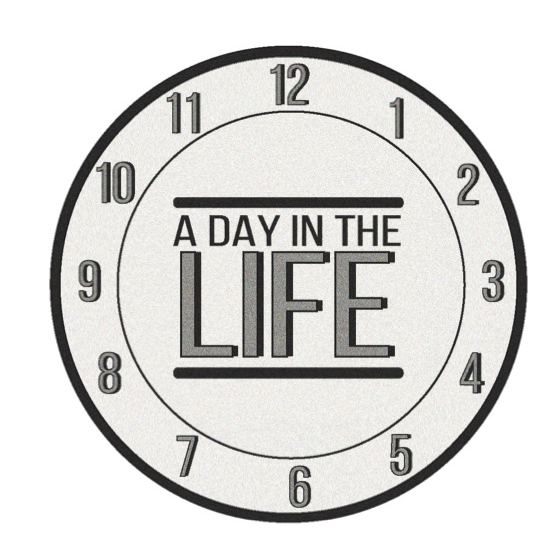
A Day in the Life of Afzal Siddiq
Early morning Afzal Siddiq opens up the mosque right before sunrise for the first of five daily prayers
Mid-morning Answers all inquiries and phone calls from travelers and visitors via phone and on The Islamic Center of Waco Facebook page
Noon Returns to the mosque for the midday prayer
Works and manages his own businesses and rental properties outside the mosque throughout the workday
Late afternoon Returns to the mosque for the third daily prayer
Evening Returns to the mosque right after sunset for the fourth daily prayer
Late night Goes to the mosque for the fifth time, between sunset and midnight, for the last prayer

